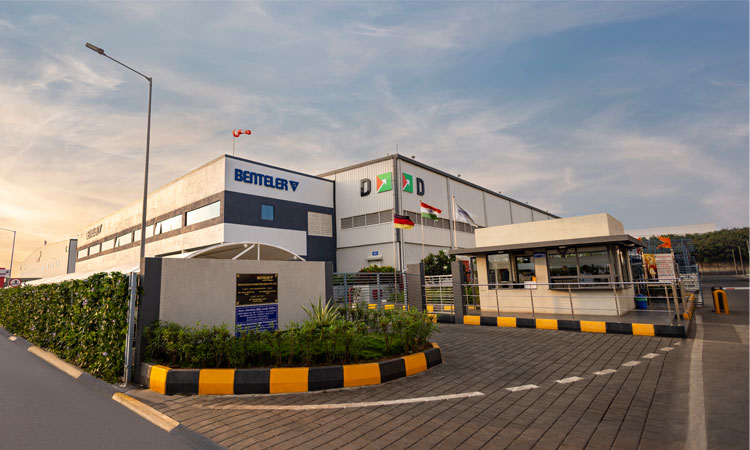India’s automotive sector is undergoing a powerful transformation, and with it comes a significant ripple effect: a dramatic expansion in the country’s warehousing and supply chain infrastructure. This evolution is proving vital to the machining and manufacturing industries, which depend heavily on efficient logistics to sustain high-volume, high-precision production cycles.
The passenger vehicle (PV) market, led by SUVs, saw a robust 14% growth in 2024—double the pace of the broader PV segment. SUVs now account for 56% of all passenger vehicle sales, up from 51% last year. Meanwhile, the commercial vehicle (CV) market experienced a revised growth outlook, with medium and heavy commercial vehicles (M&HCVs) expected to grow 0-3% and buses 8-11%, driven by rising public sector demand and vehicle replacement programs. The Indian government’s Make in India initiative and Automotive Mission Plan 2047 have created a supportive environment for these trends, fueling both domestic production and local supply chain development.
As a result, the industrial warehousing sector has seen an unprecedented boom. In 2024 alone, 28 million sq. ft. of new warehouse supply entered the market—a 22% increase year-on-year. Grade A facilities accounted for 55% of this new supply. Notably, the automotive and engineering sectors together comprised 40% of warehousing demand in Q1 2024, up from 26% a year prior, highlighting the sector’s growing reliance on robust logistics solutions.
This warehousing surge is particularly beneficial to the machining industry, which thrives on just-in-time inventory, high-efficiency distribution, and streamlined supply chain operations. Leasing managed Grade A warehouses, rather than owning infrastructure, allows machining and auto component manufacturers to focus on core production activities while reducing capital expenditure and improving scalability.
Companies like Benteler, Tata AutoComp, Forvia, RENK Gears, Anand Mando, GKN Fokker, Yazaki, and JEH Aerospace are already partnering with Horizon Industrial Parks in hubs such as Pune, Bengaluru, Hyderabad, and Gurgaon. These parks are engineered to meet the specific warehousing and logistics needs of the auto and machining sectors—offering heavy-duty flooring, EOT cranes, column-free layouts, and advanced docking infrastructure for bulk shipments and vertical inventory systems.
Moreover, these parks come equipped with customized power support, 24×7 security, fire safety systems, and digital surveillance, enabling safe, compliant, and efficient operations. For the machining industry, where time, precision, and material handling efficiency are critical, such infrastructure ensures productivity gains and minimizes downtime.
As India’s automotive market races towards an estimated value of USD 196.46 billion by 2030, with EVs set to claim a 30% market share by 2027, future-ready warehousing will become a strategic advantage. For machining players, aligning with such logistic advancements ensures they remain competitive, agile, and well-equipped to meet the growing demands of the auto sector.
The bottom line is that the auto industry’s expansion is fuelling a logistics revolution. Companies that invest in future-ready warehousing, optimised supply chains, and strategic locations will be best positioned to ride this wave. At Horizon Industrial Parks, we’re not just watching the boom—we are poised to deliver the infrastructure these players need to support it.

For more information www.hiparks.com



